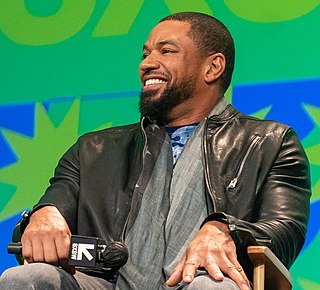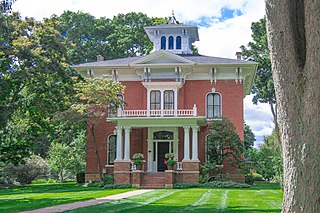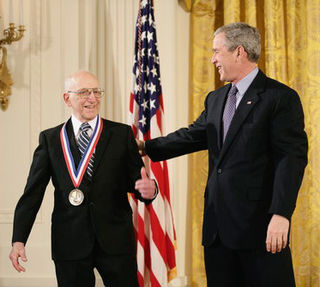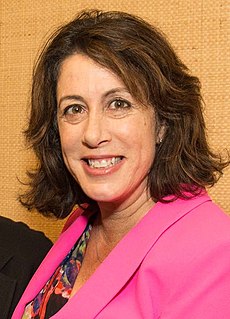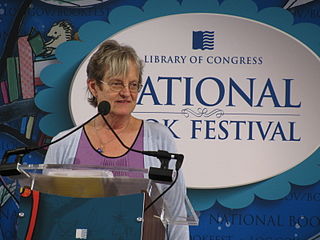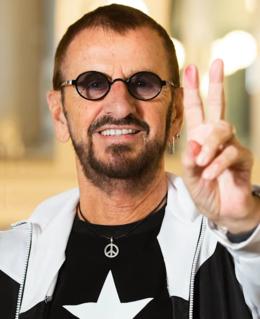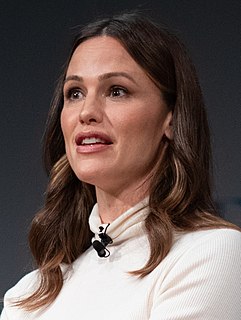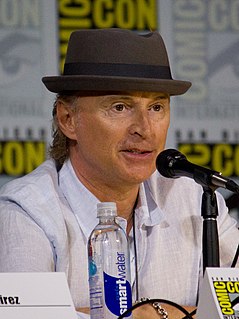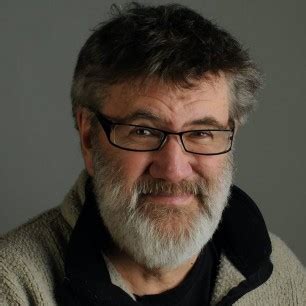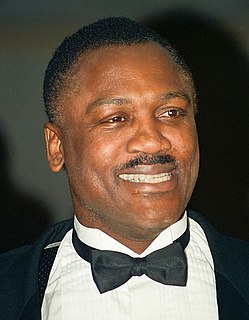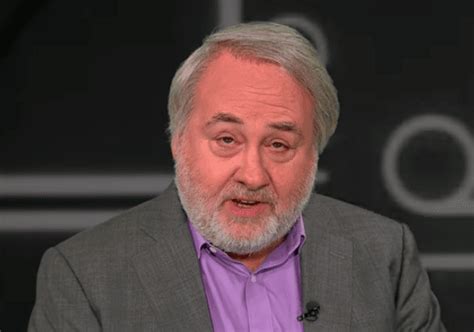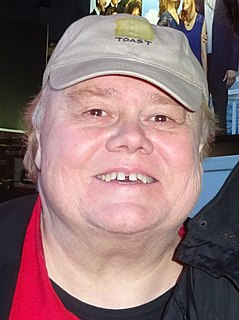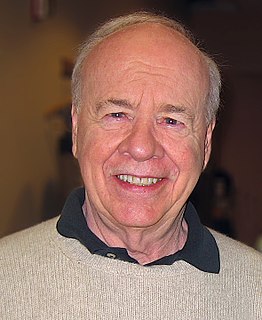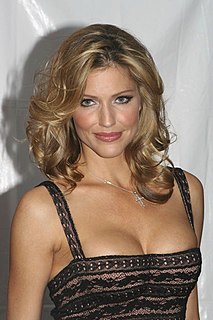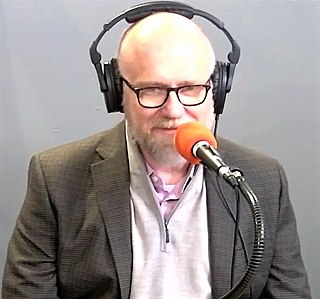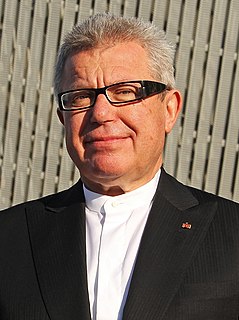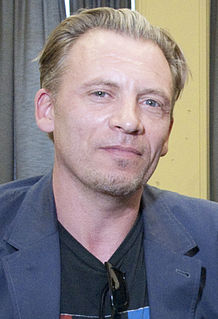Top 1200 Plot Lines Quotes & Sayings - Page 4
Explore popular Plot Lines quotes.
Last updated on November 14, 2024.
I have a lot of interest in interior rhyming; not just rhyming at the end of the lines, but playing around with rhymes within the lines, playing with where the syllabic emphases in the sentences are, lining those up at strange moments in the line of the song. I’m not sure if that comes across or not.
Growing up in D.C. there are so many different types of educational and professional levels. They call D.C. 'Chocolate City' but just because we're all chocolate doesn't mean we're all the same. In D.C., everyone co-exists harmoniously but the lines are still drawn. And people don't really step over those lines.
You will be surprised to learn how some very knowing people have misunderstood Plotto. On glancing at it, some of the intelligentia have jumped at the false conclusion, that Plotto is a dictionary of situations, a mechanism that yields a cut and dried plot by the mere use of a thumb index. Plotto, to the contrary, merely suggests the situations for the plot, explains what is to be done through Purpose and Obstacle and even offers suggestions as to the way in which it should be done.
I always write a draft version of the novel in which I try to develop, not the story, not the plot, but the possibilities of the plot. I write without thinking much, trying to overcome all kinds of self-criticism, without stopping, without giving any consideration to the style or structure of the novel, only putting down on paper everything that can be used as raw material, very crude material for later development in the story.
It is possible that, through horizontal and vertical lines constructed with awareness, but not with calculation, led by high intuition, and brought to harmony and rhythm, these basic forms of beauty, supplemented if necessary by other direct lines or curves, can become a work of art, as strong as it is true.
The American teacher stands on the front lines of poverty and inequity that our fellow Americans refuse to acknowledge, on the front lines of the real social condition of our nation–not the advertised one–and we stand together. When we look over our shoulders, there’s no one there backing us up. The rest of the army is off pretending there is no fight to be had here, no excuses to be made, no hardships to decry, no supply lines to worry about, that things in American society are just hunky-dory outside of the fact that the teachers just don’t care enough
No relationships are perfect. When they develop, there are things that have happened before in your life that you maybe don't discuss. And there are always fault lines within every relationship. I believe it doesn't take too much pressure to be placed on those fault lines for them to start cracking apart.
The deep-read is when you get gut-hooked and dragged overboard down and down through the maze of print and find, to your amazement, you can breathe down there after all and there’s a whole other world. I’m talking about the kind of reading when you realize that books are indeed interactive. . . . I’m talking about the kind of deep-read where it isn’t just the plot or the characters that matter, but the words and the way they fit together and the meandering evanescent thoughts you think between the lines: the kind of reading where you are fleetingly aware of your own mind at work.
As soon as I start to write I'm very aware, I'm trying to be aware that a reader just might well pick up this poem, a stranger. So when I'm writing - and I think that this is important for all writers - I'm trying to be a writer and a reader back and forth. I write two lines or three lines. I will immediately stop and turn into a reader instead of a writer, and I'll read those lines as if I had never seen them before and as if I had never written them.
The writer must always leave room for the characters to grow and change. If you move your characters from plot point to plot point, like painting by the numbers, they often remain stick figures. They will never take on a life of their own. The most exciting thing is when you find a character doing something surprising or unplanned. Like a character saying to me: ‘Hey, Richard, you may think I work for you, but I don’t. I’m my own person.’
Concrete you can mold, you can press it into - after all, you haven't any straight lines in your body. Why should we have straight lines in our architecture? You'd be surprised when you go into a room that has no straight line - how marvelous it is that you can feel the walls talking back to you, as it were.
If I had to catalog all the moronic plot turns in The Day After Tomorrow, we'd be here until the next ice age. It's just so very bad. You can have a pretty good time snickering at it-unless, like me, you think there's something to this global warming thing, and you shudder at the irony of a movie meant to warn people about a dangerous environmental trend that completely discredits it. Is it possible that the film is a plot to make environmental activists look as wacko as anti-environmentalists always claim they are?
Everyone's supposed to stay in their lines and be neat. 'You're a rapper. You're supposed to rap, carry a boom box, wear chains, and go to the club - that's all you do. What are you doing collecting art? What are you talking about? Wait a minute, you're getting out of the zone.' People hate when people cross lines.
There's that lovely thing for the first month or two of writing a new book: OK, I don't know what that character's going to do, but we'll find out later. After about three or four months you come to that bit where you've got to put some plot in before it's too late, and you have to go back and start inserting plot, and, ooh, I've left out the literature, OK, lets put some in.
I don't revise a lot when writing short stories. As far as the novel, I definitely thought more about plot. Honestly, I'm still pretty confused about what "plot" means. I've been reading some of my Goodreads reviews and one reader noted that the The Last Days of California "reads like a short story stretched to the breaking point, padded and brought into novel range..." I don't know what people want, really.
I believe I'm very conscious of exactly what I'm doing. I'm auditioning lines of dialogue, and I'm interrogating whether the lines would translate from Russian into English the right way. The English that results can perhaps seem somewhat more formal than colloquial, but not so formal as to feel academic.
When people are oppressed, and human rights are denied - particularly along sectarian lines or ethnic lines - when dissent is silenced, it feeds violent extremism, it creates an environment that is ripe for terrorists to exploit. When peaceful, democratic change is impossible, it feeds into the terrorist propaganda that violence is the only answer available.
I think that Malcolm X was envisioning, even while he was in the Nation of Islam, a black nationalist progressive strategy toward uniting black people across ideological, class lines, denominational religious lines, Christians, as well as Muslims, to build a strong movement for justice and for empowerment.
This element of surprise or mystery — the detective element as it is sometimes rather emptily called — is of great importance in a plot. It occurs through a suspension of the time-sequence; a mystery is a pocket in time, and it occurs crudely, as in "Why did the queen die?" and more subtly in half-explained gestures and words, the true meaning of which only dawns pages ahead. Mystery is essential to a plot, and cannot be appreciated without intelligence.
Most of the time, with voice-overs, you're recording before they've got the graphics, and you also don't get a whole script. I get my lines, as I show up that day. You don't know what the rest of the story is, so you really rely on the people in the room that you're working with, so they can fill you in on what's going on, right around your particular lines.
Perspective is nothing more than a rational demonstration applied to the consideration of how objects in front of the eye transmit their image to it, by means of a pyramid of lines. The Pyramid is the name I apply to the lines which, starting from the surface and edges of each object, converge from a distance and meet in a single point.
The less lines, the better. I am the silent film actor, but not in a slapstick sort of way. Film is an image-based medium, so whatever you can say without the words is far more provocative and punctuating. If the lines are not funny or if they don't advance the story, sometimes it's hard. I hate talk in movies.

